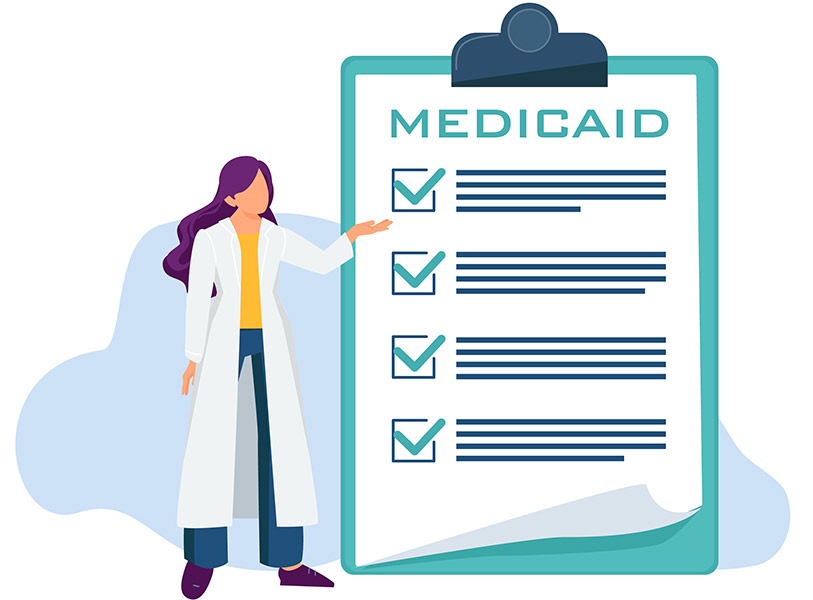Effective April 1, 2024
New Jersey Division of Medical Assistance and Health Services announced an increase in the Medicaid penalty divisor from $384.57 to $440.10 per day, amounting to $13,386.37 per month, effective April 1, 2024. For all cases received on or after April 1, 2024, the new daily penalty divisor of $440.10 per day will be used in the calculation.
The penalty divisor is a key component in the calculation of the penalty period. It is the average daily cost of nursing home services in New Jersey. It is adjusted annually after a survey of all nursing facilities in New Jersey is conducted. When an individual applies for Medicaid long-term care benefits, the Medicaid agency reviews the individual’s financial records for the previous five years. This review, often referred to as the “look-back period,” examines any transfers or gifts made by the individual during that time. If the individual has made transfers that are deemed to be gifts, a penalty period is imposed.
The penalty period is calculated by dividing the total value of the transfers or gifts by the penalty divisor. The resulting figure represents the number of months of ineligibility for Medicaid benefits. For example, if the penalty divisor is $440.10 and the individual transferred assets worth $160,636.50, the penalty period would be 365 days or 12 months.
It is important to note that the penalty period does not begin immediately after the transfers or gifts are made. Instead, it starts when the individual would otherwise be eligible for Medicaid benefits, based on their income and assets. This delay in the penalty period allows individuals to plan ahead and make arrangements for their long-term care needs.
Getting competent legal advice from an experienced elder law attorney about the impact of gifting assets before applying for Medicaid benefits would reduce or eliminate the resulting penalty period.
This notice from DMAHS, called Medicaid communication No. 24-03, announcing the increased penalty divisor, is attached here.

